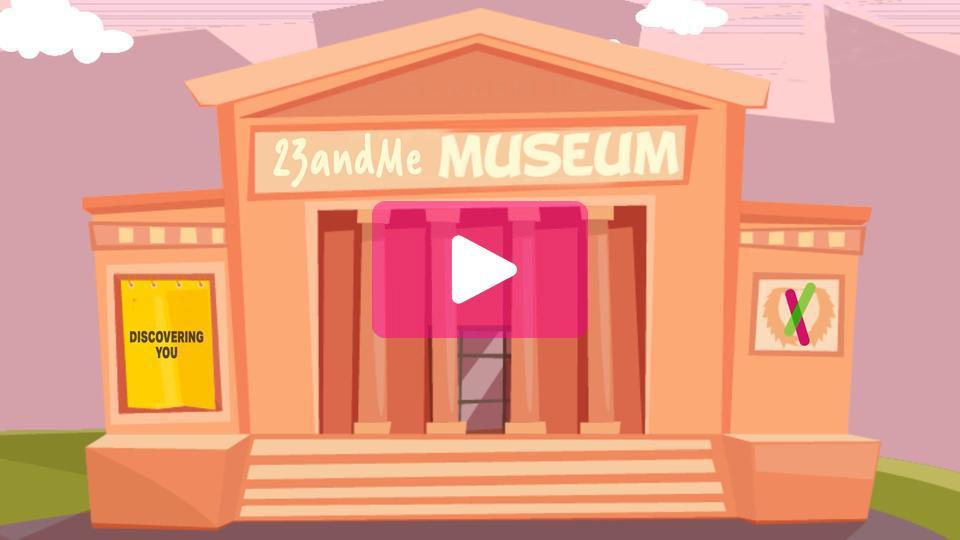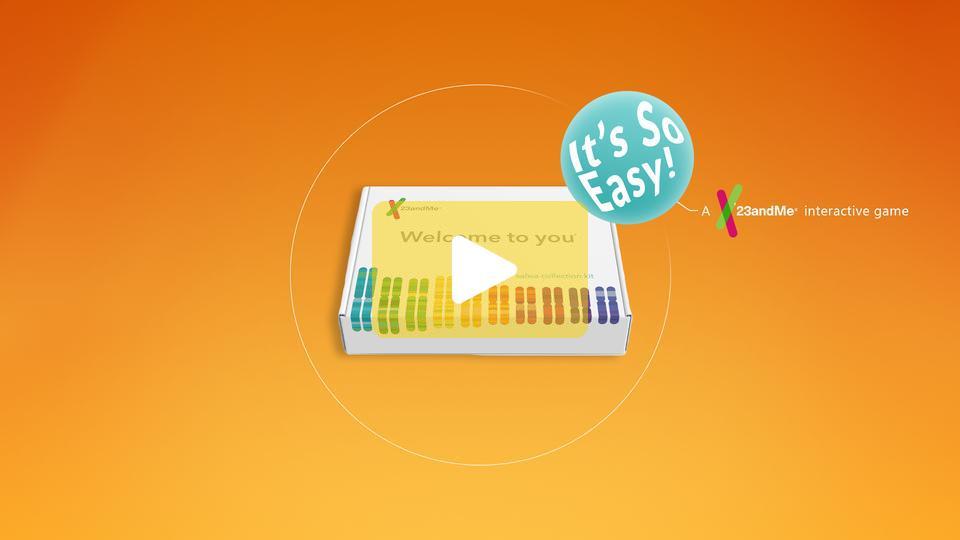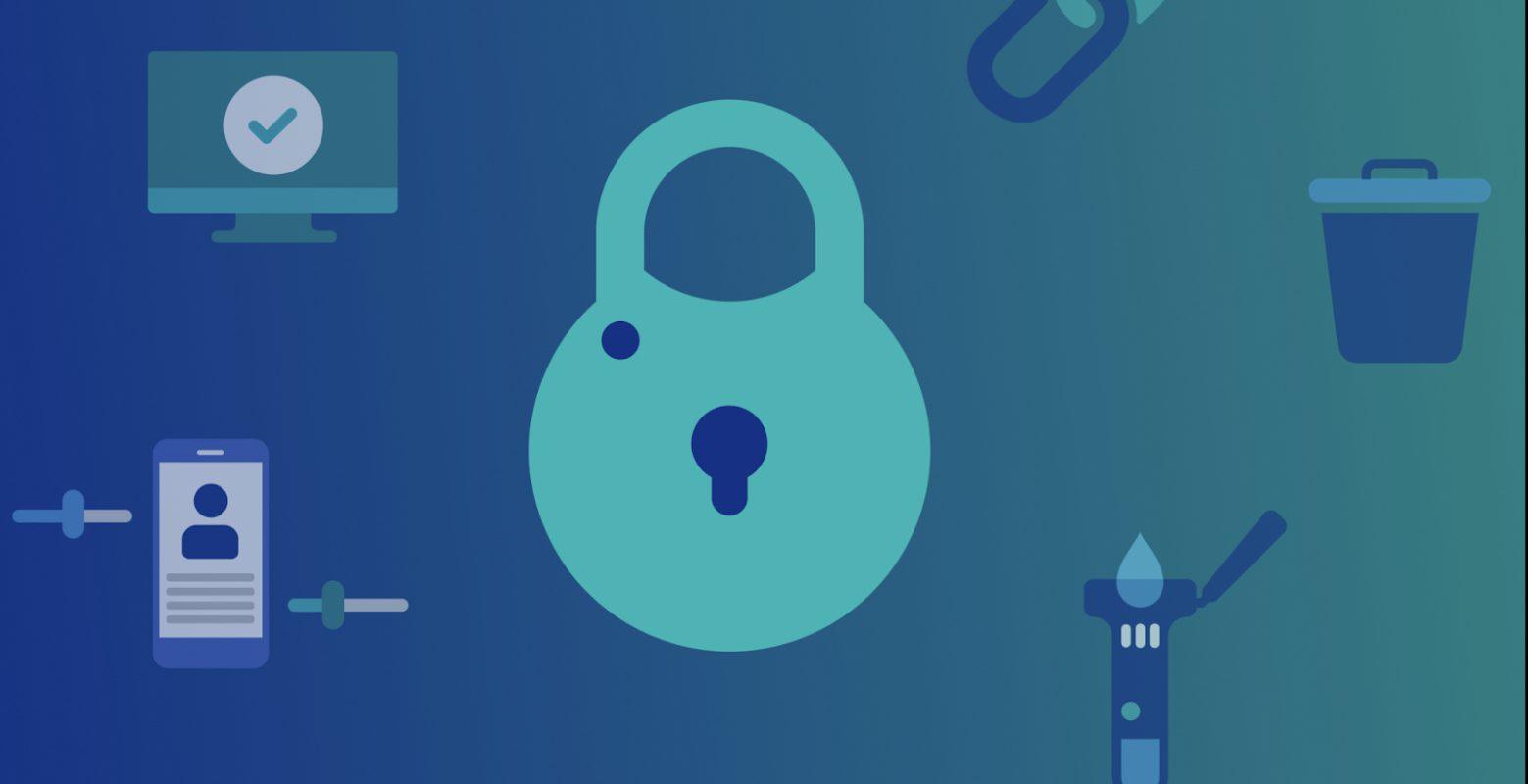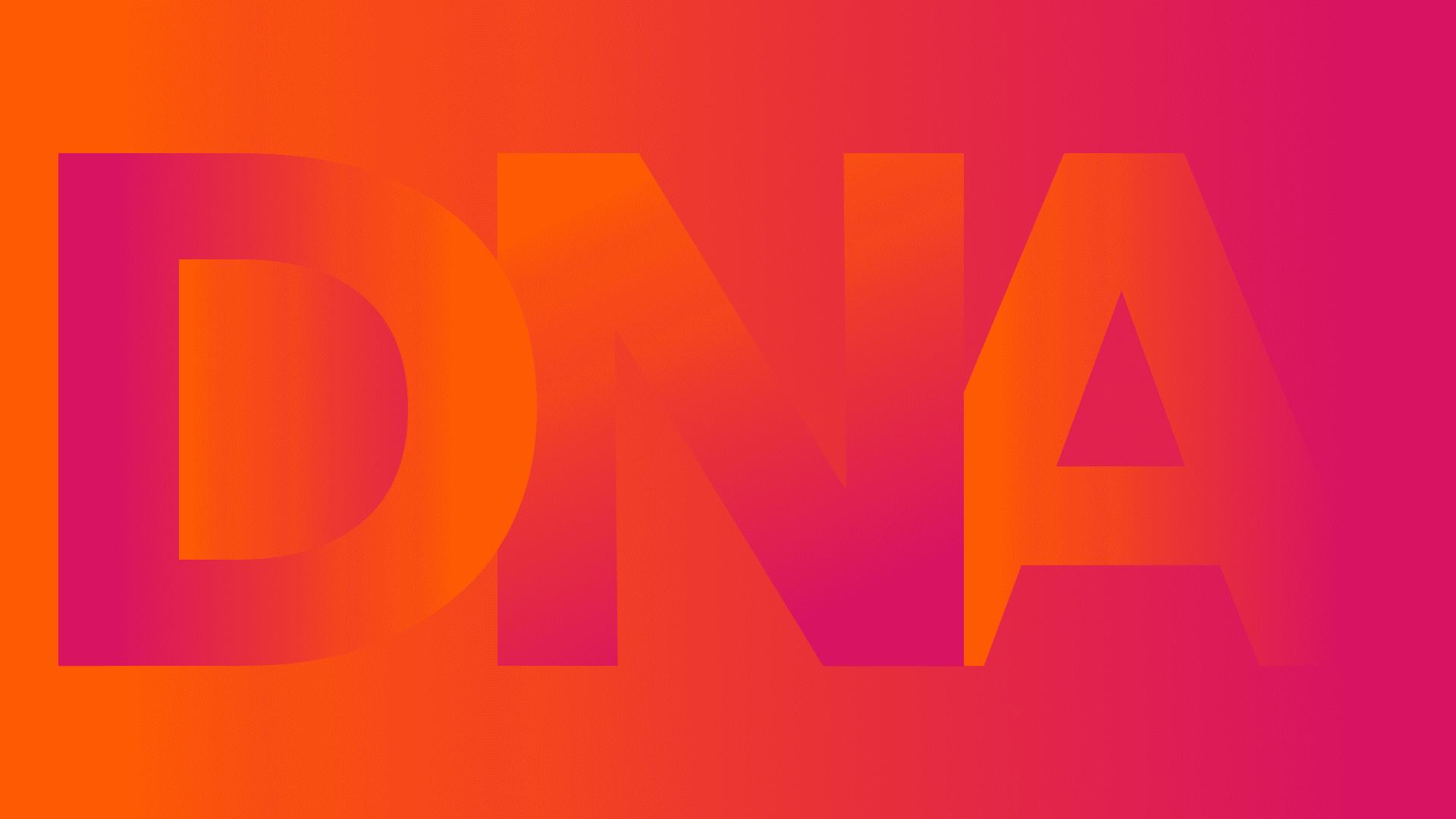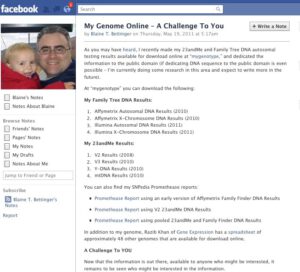
Whether they’re over-sharing or taking bold action in the name of science, people who willingly make their genome public are pushing researchers, policy-makers and others to tackle hefty issues with no readymade answers.
At Cambridge Healthtech Institute’s second annual “Beyond Sequencing” conference in San Francisco this week, a group of panelists attempted to address the impact on science and society “When People Share Their Genomes on Facebook.”
Granted, people are not posting their DNA sequences en masse on their Facebook walls or deciding who to friend based on whether their haplogroup is J1c. But, starting with George Church’s Personal Genome Project, a growing list (here, here and here) of people have decided to make their genetic information public. And yes, some have posted their results on Facebook. Blaine T. Bettinger took his 23andMe raw data and made it available for download. He has even challenged others to do the same in the hope that it will lead to new discoveries, or trigger useful discussions about genetics.
Kevin Davies, editor in chief of Bio-IT World and the author of “The $1,000 Genome,” called these folks “genome pioneers.” The idea is that any new concept needs people who are willing to take risks others wouldn’t in the name of making breakthroughs. You need someone like a Chuck Yeager to seal himself into a Bell X-1 aircraft and risk it all to get it to Mach 1 so that future generations can enjoy the benefits of jet flight while only having to endure the perils of airplane food and TSA checkpoints.
Jonathan Eisen, an evolutionary biologist at UC Davis Department of Medical Microbiology and Immunology and an Adjunct Scientist at the Joint Genome Institute, sees these pioneers more as part of what he calls the “open science” movement. These are individuals – often do-it-yourselfers, citizen scientists, or BioPunks – with a belief that freeing up information for those working outside traditional labs will lead to discovery.
Part of the panel discussion also looked at what those pioneers are risking when they make their genomes public.
Pilar Ossorio, an associate professor of law and bioethics at the University of Wisconsin at Madison, warned that a person who puts their genetic information into the public domain cedes control over how that data is used. While laws like the Genetic Information Nondiscrimination Act (GINA) prevent discrimination by employers or health insurance companies based on genetic information there’s nothing to “regulate things like stigmatization,” Ossorio said.
As with a lot of discussions regarding genetic science there was a moment of science fiction when one panelist raised the specter of a dystopian future and the film Gattaca. But Kamlesh “Kam” Patel, of Sandia National Laboratories, quickly turned to a more optimistic future. He said social media could help people personalize their health care and connect to like-minded communities for both information and researech into their health concerns. “It’s the interconnectivity that these social media giants provide us,” said Patel, who envisioned a time when his doctor could monitor his health progress through his Facebook page.
At 23andMe we give people access to their genetic information while protecting their privacy, but we also empower them to connect with a broader community.
“That’s part of the success of the 23andMe model that it is a limited distribution of that information,” said UC Davis’ Eisen.
But 23andMe was also founded on the idea that engaging people in their own genetic exploration could accelerate research.
Bio-IT World’s Davies singled out 23andMe as the kind of model that allowed customers to participate in a “thriving social network” while maintaining their privacy. He pointed to 23andMe’s Parkinson’s Disease Research Initaitive, which has enrolled more than 5,000 participants and has already identified two new genetic variants associated with the disease in addition to confirming 20 others.
“They’re seeing the value of crowd sourcing,” he said. “It’s phenomenally exciting.”
